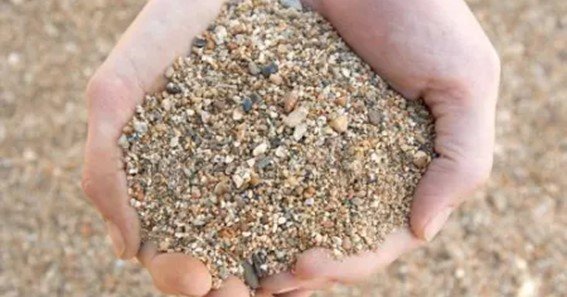Specific gravity is a dimensionless quantity that indicates the density of a solid compared to the density of water. This is important in various fields like material science, geology, and civil engineering for understanding the composition of a material. Here’s a simple guide to help you calculate the specific gravity of solids:
Specific Gravity Formula
The formula to calculate specific gravity is:
Specific Gravity (SG)=Density of SolidDensity of Water\text{Specific Gravity (SG)} = \frac{\text{Density of Solid}}{\text{Density of Water}}Specific Gravity (SG)=Density of WaterDensity of SolidFor solids, the density of water is typically considered as 1 g/cm³ at 4°C, and you can calculate the specific gravity using the steps outlined below.
Step-by-Step Guide to Calculate Specific Gravity of Solids:
- Prepare the Sample:
- Take a solid sample and ensure it’s completely dry by heating it in an oven. Cooling it in a desiccator is also a good practice to avoid moisture.
- Weigh the Solid:
- Measure the mass of the dry sample using a digital balance. This is your sample’s weight in air. Let’s call it WsW_sWs.
- Measure the Displaced Water:
- Submerge the solid in water and measure the weight of the water displaced. This can be done using a pycnometer or displacement method. Record the weight of the displaced water.
- Calculate the Density of the Solid:
- The density of the solid can be found by dividing the weight of the solid by the volume of water displaced.
- Apply the Formula:
- Use the specific gravity formula to find the ratio of the solid’s density to the density of water.
Example Calculation:
If you have a solid with a mass of 250 grams, and it displaces 100 grams of water, the specific gravity would be:
Specific Gravity=250100=2.5\text{Specific Gravity} = \frac{250}{100} = 2.5Specific Gravity=100250=2.5This means the solid is 2.5 times denser than water.
Applications of Specific Gravity
- Material Identification: Different solids have different specific gravities, which helps in identifying the material.
- Quality Control: In industries like construction, knowing the specific gravity of materials helps ensure they meet required standards.
- Geotechnical Engineering: In soil mechanics, specific gravity is crucial for understanding the composition of the soil.

FAQ
- What is the formula for specific gravity of solids? The formula is:Specific Gravity (SG)=Density of SolidDensity of Water\text{Specific Gravity (SG)} = \frac{\text{Density of Solid}}{\text{Density of Water}}Specific Gravity (SG)=Density of WaterDensity of Solid
- Why is specific gravity important in material science? It helps in identifying materials and is widely used in quality control and material selection for various engineering applications.
- What is the typical specific gravity range for common solids? Specific gravity for most solids ranges from 2.0 to 3.0, depending on the material.
- How does temperature affect the specific gravity of solids? Specific gravity is temperature-dependent, especially when comparing the densities of solids and water at different temperatures.
- Can you calculate specific gravity without a pycnometer? Yes, you can use the displacement method, where the solid is submerged in water and the volume displaced is measured to determine specific gravity.
By following these steps, you can accurately determine the specific gravity of any solid sample, making it an essential skill in material science and engineering.










